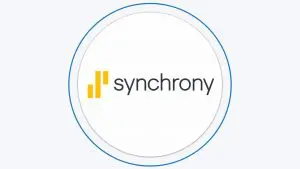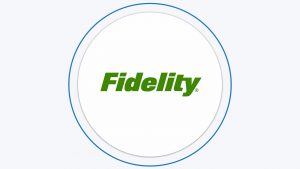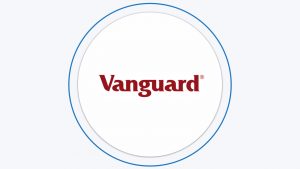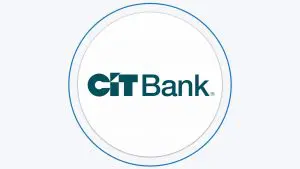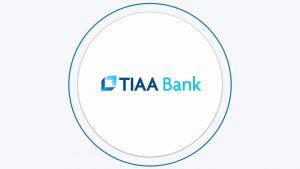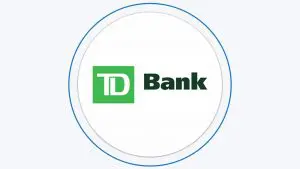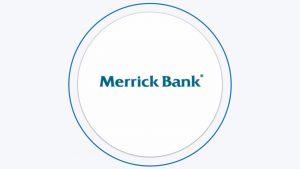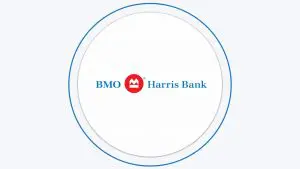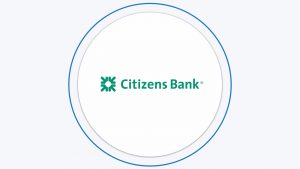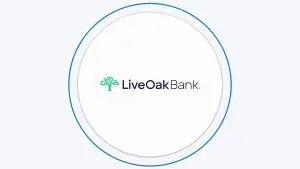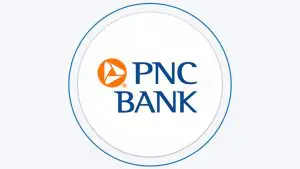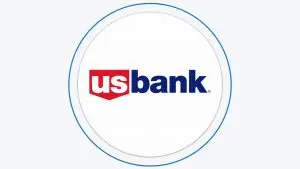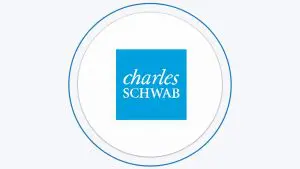Table Of Content
As the name suggests, Consumers Credit Union was set up to appeal to consumers and as such this financial institution offers a comprehensive lineup of personal banking products including checking, savings, loans, home loans, investing, and certificates.
But how do the Consumer Credit Union certificates stack up against the competition? Here, we’ll delve into these products to help you decide if they are the right option for you.
Consumers Credit Union Certificates
APY Range
Minimum Deposit
Our Rating
Terms
Consumers Credit Union Certificate Rates
Consumers Credit Union certificates have a tiered APY with the higher rates reserved for those with at least $100,000 in their certificates (the difference is insignificant – 0.10%). This creates a rate range of 0.50% – 4.10% APY.
Consumers also periodically has certificate specials. The current special is an 11 and 17 month certificate offering N/A and 3.75% – 3.80% – 3.85% APY. Overall, the rates are quite low, and customers who want to maximize their rates can find other credit unions with higher CD rates.
Term | APY |
|---|---|
3 Months | 0.50%
|
6 Months | 0.65%
|
11 Months (Special) | N/A |
12 Months | 0.90% – 1.00% – 1.10%
|
17 Months (Special) | 3.75% – 3.80% – 3.85%
|
24 Months | 1.00% – 1.10% – 1.20%
|
36 Months | 1.30% – 1.40% – 1.50%
|
48 Months | 1.35% – 1.45% – 1.55%
|
60 Months | 1.50% – 1.60% – 1.70%
|
How Consumers Credit Union Certificates Work
Consumers Credit Union offers a variety of certificates with terms from 3 months – 5 years, allowing you to lock in the rate for the full term. Regardless of the term, you will need a minimum of $250 to deposit in your CD, but your funds are protected by NCUA coverage.
Regardless of the type of certificate, your balance or the term, if you need to access your funds before maturity, you will incur an early withdrawal penalty. This is calculated according to the original term.
- Certificates with a term of 12 months or less incur a penalty of 60 days of interest on the sum withdrawn.
- This increases to 120 days for certificates with a longer term. compared to other bank's early withdrawal fees, the penalties are not so high.
30 days before the certificate maturity date, Consumers will send out a notice to provide you with time to plan your next investment. There is a 10 day grace period upon maturity, during which you may make withdrawals, add further funds or close out the account with no penalties. After the 10 days, unless otherwise instructed, the certificate will auto renew for another certificate of the same term.
Term | Early Withdrawal Penalty |
|---|---|
3 Months | 60 days of interest |
6 Months | 60 days of interest |
11 Months (Special) | 60 days of interest |
12 Months | 60 days of interest |
17 Months (Special) | 120 days of interest |
24 Months | 120 days of interest |
36 Months | 120 days of interest |
48 Months | 120 days of interest |
60 Months | 120 days of interest |
Are Consumer's Certificate Rates Competitive Compared to Other Banks?
If you choose one of Consumers special CDs, they are competitive compared to the industry average. However, other Consumers Credit Union certificate rates are not highly competitive.
The rates are quite competitive when comparing Consumers Credit Union certificate rates with conventional banks. Many traditional banks are also struggling to offer the national average. This means that if you compare your traditional bank with Consumers, Consumers may have the edge, depending on your bank.
However, there is another story completely when you compare Consumers Credit Union certificate rates with online banks and many other credit unions. When you make this comparison, you are likely to find that Consumers does not compare favorably. The only real exception is the special certificate, which can be relevant if you're looking for a 1-year CD or 2-year CD. In fact, the special certificate rate is typically what you can expect to see when you’re shopping for certificates with online banks and credit unions.
Credit Union | CD Range | Minimum Deposit |
|---|---|---|
2.00% – 4.35% | $1,000 | |
3.1% – 4.1%
| $1,000 | |
3.51% – 4.85% | $5,000 | |
0.50% – 4.10%
| $250 | |
3.40% – 4.35%
| $1,000 | |
1.00% – 3.50%
| $50 | |
3.70% – 3.95%
| $10,000 | |
3.00% – 4.00%
| $500 | |
3.26% – 4.00%
| $1,000 | |
1.50% – 4.15%
| $1,000 |
Are Consumer's Certificate vs. Savings Rates
The Smart Saver account offers a 2% APY dividend rate to customers who have a CCU Checking account, deposit at least $50 (up to a maximum of $1,000) to the Smart Saver account each month, have direct or mobile deposit or ACH credits of $500 or more to their CCU Checking account monthly, and enroll in eDocuments.
While the requirements are a but tough, the rate is higher compared to the most CCU certificates terms, but still less than the special certificates offered.
Certificates | Savings | |
|---|---|---|
APY | 0.50% – 4.10%
|
3.00% |
Minimum Deposit |
$250 | $50 |
Fees | $0 | $0 |
Top Offers From Our Partners
![]()
How We Rate Certificates of Deposits: Our Methodology
The Smart Investor team has thoroughly examined certificate of deposit (CD) offerings from various banks, considering multiple factors to provide a comprehensive evaluation. Here's how we rated them across four key categories:
-
CD Rates (50%): We meticulously analyzed the interest rates offered by each bank on their certificate of deposit (CD) products. Higher ratings were awarded to banks offering competitive rates that provide maximum returns for customers' investments. Factors such as the yield curve, current market conditions, and consistency of rates were considered to assess the attractiveness of each bank's CD rates.
-
CD Features (30%): This category evaluated the features associated with each bank's certificate of deposit offerings. Factors considered include the variety of terms available, early withdrawal penalties, minimum deposit requirements, and any additional features or benefits. Higher ratings were given to banks offering a diverse range of CD terms, reasonable early withdrawal fees, and flexible options to meet customers' investment needs.
-
Customer Experience (10%): A positive customer experience is paramount, even when investing in CDs. We assessed each bank's performance in this area, considering factors such as the ease of opening a CD account, the responsiveness of customer service, and overall user satisfaction. Higher ratings were assigned to banks with efficient account opening processes, helpful customer support, and a track record of satisfying customers.
-
Bank Reputation (10%): The reputation of a bank is a critical consideration when investing in CDs. We evaluated each bank's reputation based on factors such as financial stability, regulatory compliance, and public perception. Higher ratings were given to banks with a solid reputation for reliability and trustworthiness, ensuring customers' investments are safe and secure.
By considering these categories and assigning appropriate weights to each, our review aims to provide valuable insights to help individuals make informed decisions when investing in certificate of deposits.


